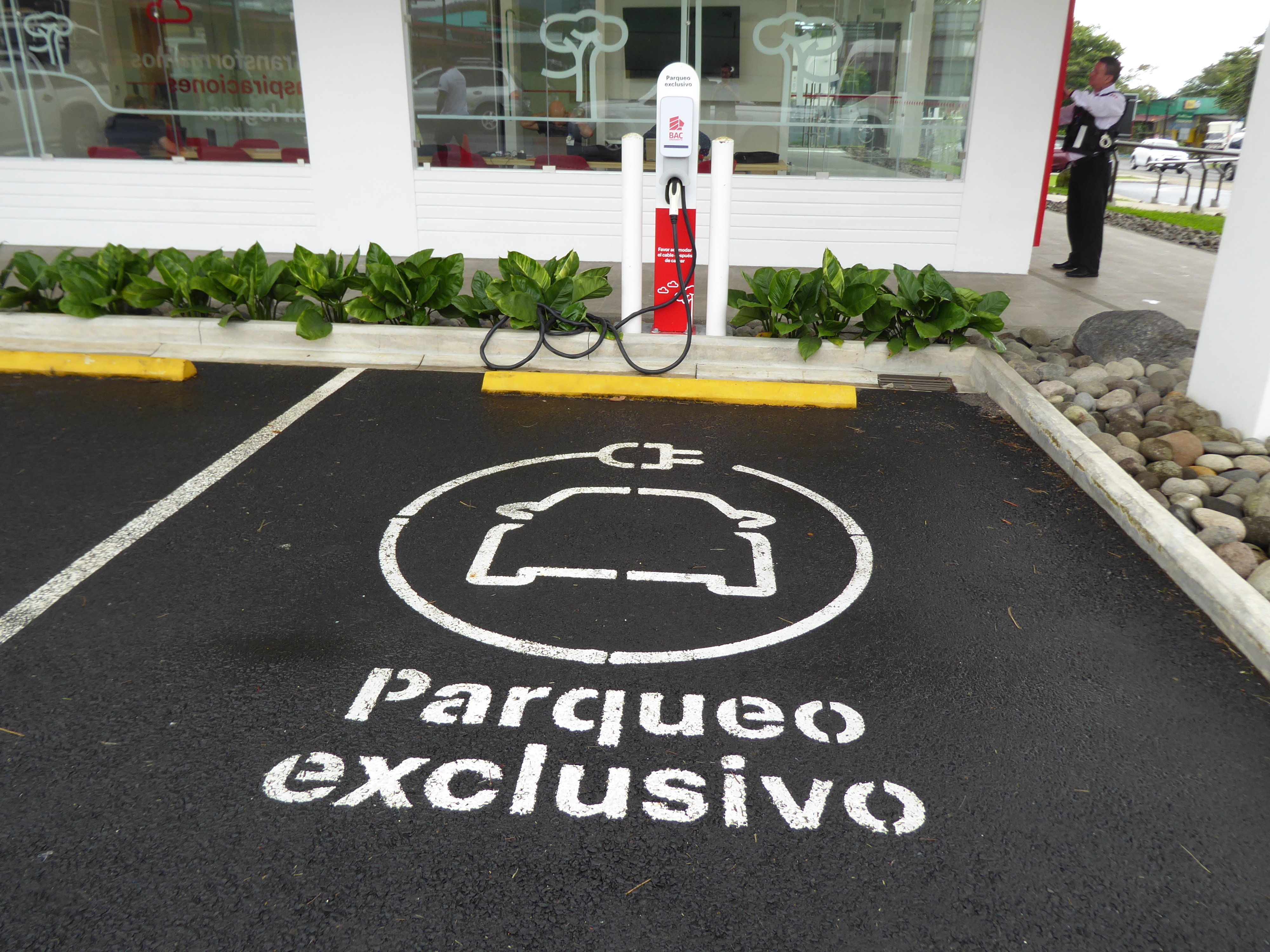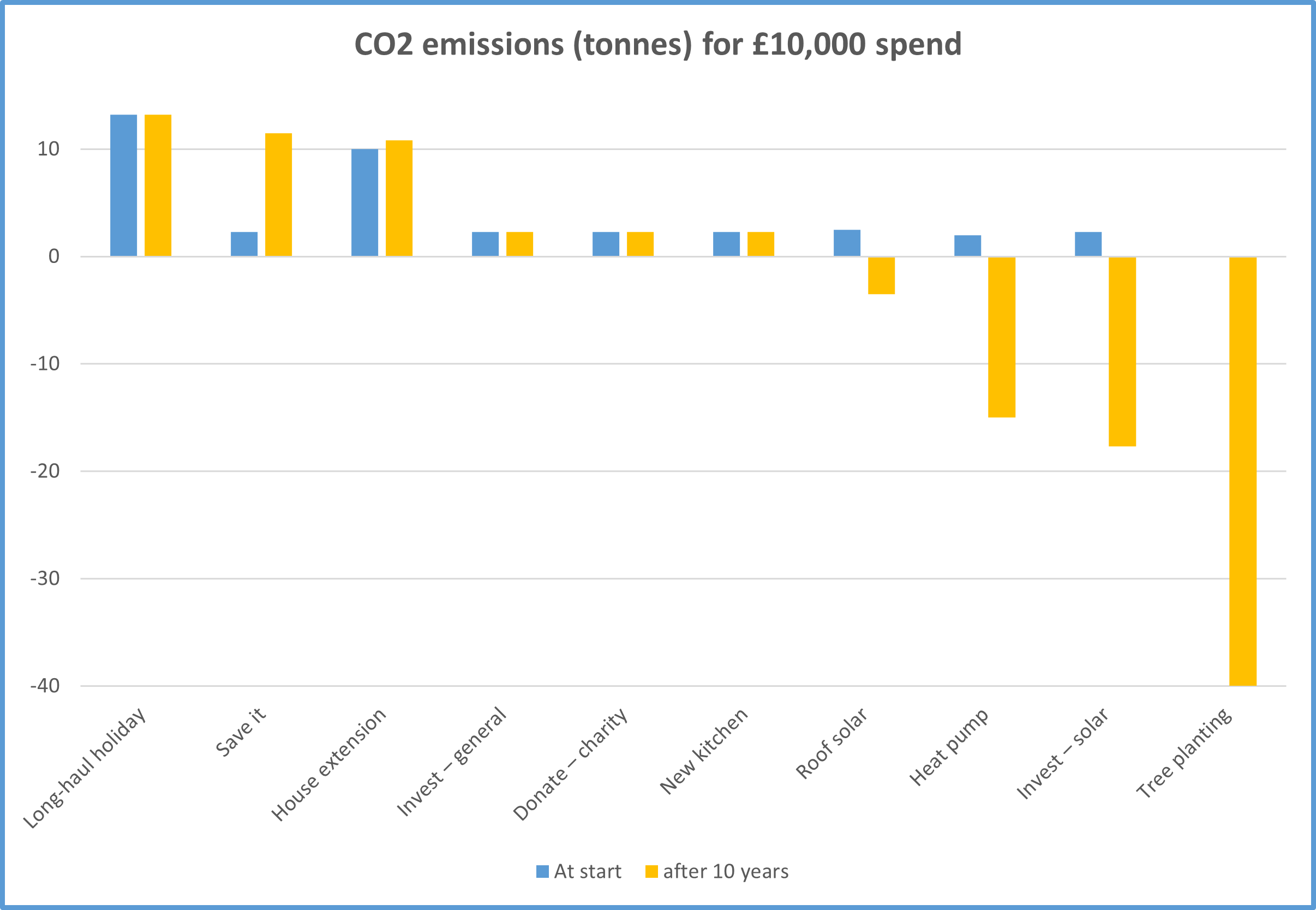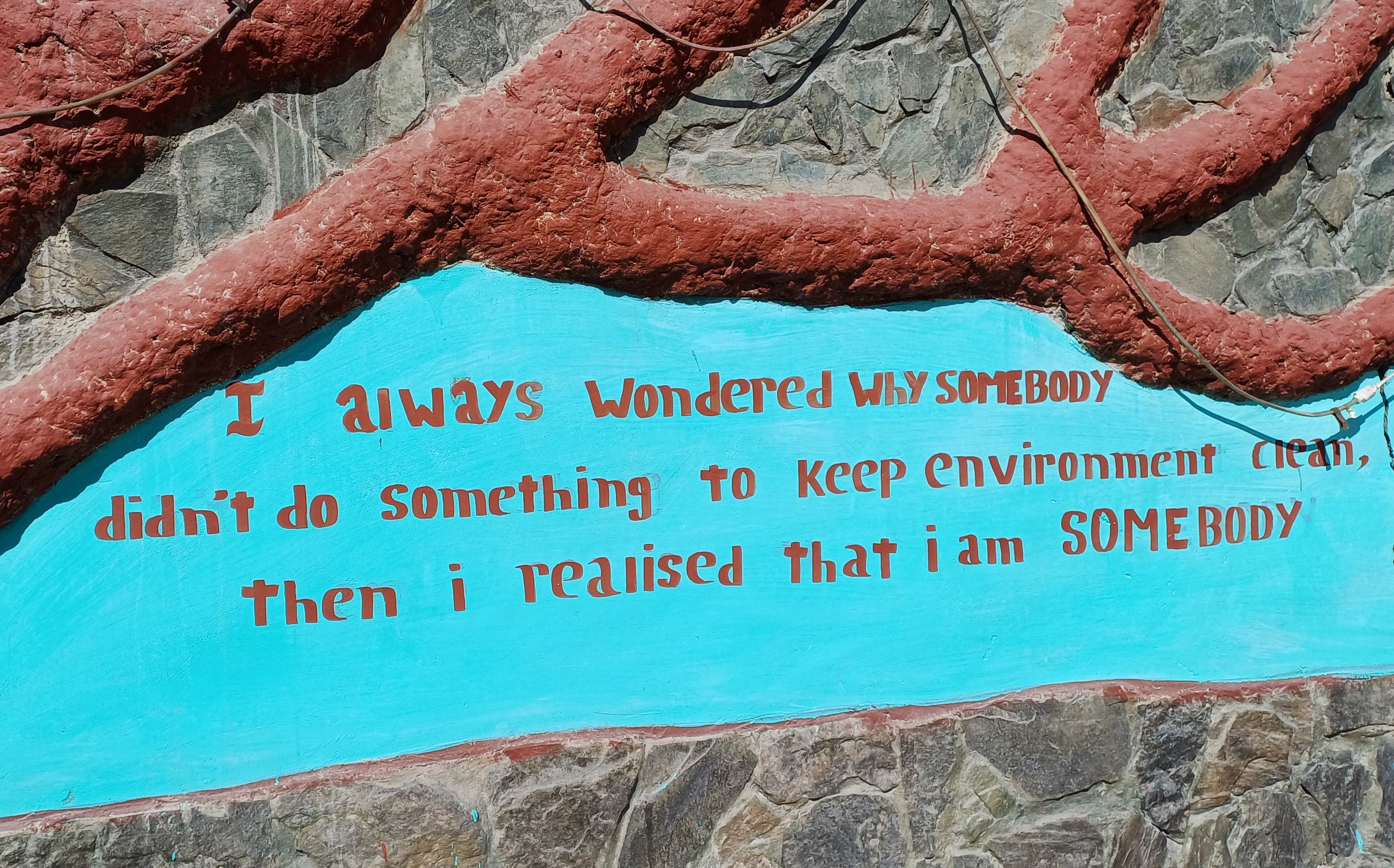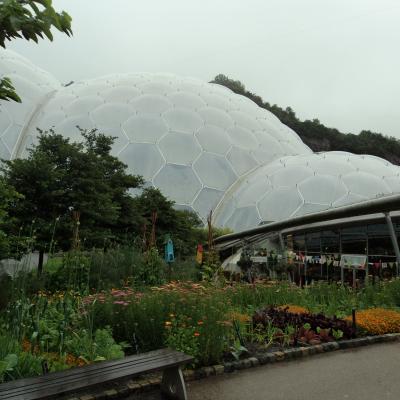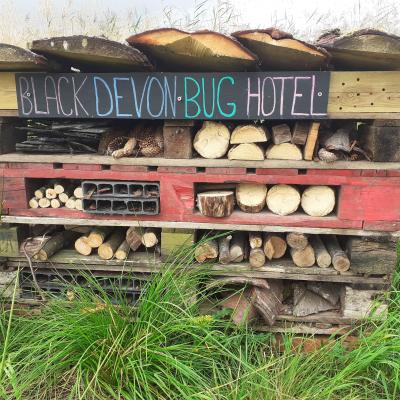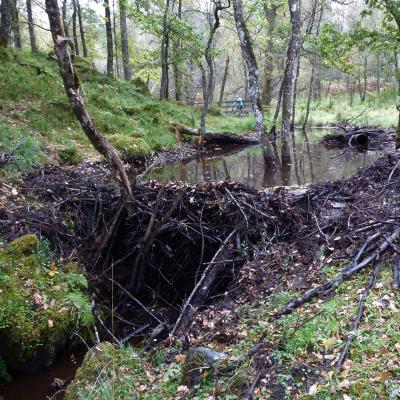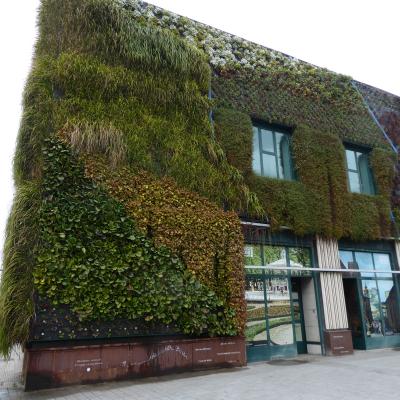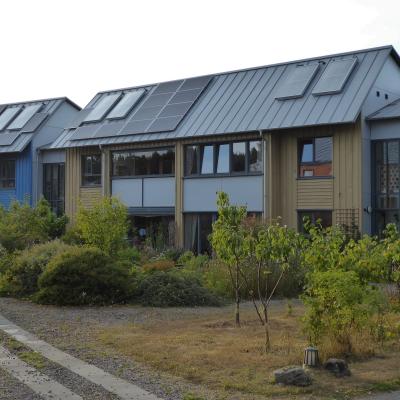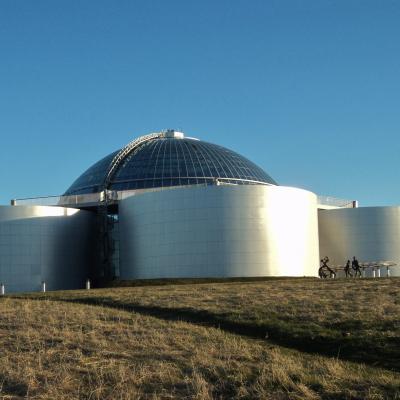A hard hitting, thought provoking blog. If it is easy to double your emissions, is it equally easy to halve them?
Now, the easiest way to double your carbon emission is to win the lottery. You may think that rich people can afford to buy an electric car and a heat pump, but they are far more likely to spend the windfall on long-haul flights, buying a sports car, moving to a larger house, taking up new fuel intensive hobbies (jet ski, heli-skiing, quad bikes) and buying more stuff to impress their friends and to fill up their new house.
But assuming no lottery win, let’s think about a typical person in the UK. You emit 4 tonnes from energy-use and transport, 3 from what you eat and drink, 4 from the goods and services you buy (much of which is imported), plus a ton from flying including a weekend trip and your essential annual family holiday to the Mediterranean. How would you best go about doubling this to 24 tonnes?
Heating your home is easy. The most ‘efficient’ method would be to get divorced – that way you need to heat two houses, rather than one. Doubling achieved! If this option doesn't work for you, try heating every room to over 20 degrees so you can wear a t-shirt in the winter and sleep with thin covers on. No more snuggling up into a thick duvet.
For electricity, it is really easy to use more. Simply light up rooms that are not in use or leave the lights on when you go out to deter the occasional burglar. Enjoy a long power shower. Fill your kettle full, leave it to cool then reheat it before making a cup of tea. Don't bother to fill up your washing machine before use, then tumble dry your clothes. Even in the summer this will normally be quicker. Buy a new American style fridge-freezer. It may have an ‘A’ rating, but don’t worry, it is so large that it will still use more energy than the one you are replacing. Then move your old freezer to your garage to keep your beer cool.
For a double win, why don’t you move your family out of the city into a new, larger detached house in the suburbs or even better in the countryside? Bigger house, bigger bills! No more sharing a bathroom. No more kids walking to school, now you can drive them and show off your new (electric) SUV to the other parents. You will of course need this second car as there will be no public transport where you now live. Whatever you do, don’t offer to lift share to take other children to after school clubs. Much more convenient to not have to arrange pick up times etc.
What to do with your new garden? You could create a manicured lawn using lots of fertiliser, and weed killer. Or you could tarmac it over to create more space to park your cars; and motorhome and trailer. Using concrete is good; carbon dioxide is released as a chemical reaction from its main raw material, limestone, and from its energy intensive manufacture. Use the concrete to build the foundations of a house extension, a larger garage or simply for the posts for an impressive new boundary fence. And don't forget to cut down the trees to improve your view.
What we eat and drink has a large carbon (and methane and nitrous oxide) footprint. Doubling this is slightly more difficult because it is not always intuitive what is low or high carbon. But you can't go wrong by eating more, cooking more than you need and cooking small portions in a large oven. Perhaps a prawn cocktail followed by a beef or lamb dish with egg fried rice (methane) and green beans flown in from overseas, followed by a milky latte, washed down with an alcoholic drink. More meat, more dairy products – cheese, cream and chocolate; fewer staple foods and fruit and vegetables – particularly if they have been grown locally.
Avoid tap water; not only is it cheaper and safer, its carbon footprint can be 1000 times less than packaged bottled water. Store your bottled water in a fridge. Eating out, particularly eat all you can buffets, and take-away meals will increase your carbon footprint. If nothing else we tend to eat too much and eat lots of processed and packaged foods when we eat out. And don’t worry about food waste. It is easy to throw it out in your general rubbish. The Council will take it away to landfill where it will rot and emit methane – a really powerful greenhouse gas thereby boosting your carbon footprint.
The other ‘hidden’ way to increase your carbon footprint is easy – shop more, buy more. Impulse buys. It doesn’t really matter whether it is online or in a traditional shop. Clothes don’t need to be worn over and over again; you can buy new ones very cheaply. Fast fashion, make-up and designer handbags. Update your phone and other electronic goods as often as possible and ensure you buy products based on style, brand and looks rather than concern yourself with boring concepts such as practicality, performance, energy efficiency or long product guarantees. No need to waste time repairing anything, you can always buy a cheap product and replace it when it breaks.
Finally, don’t forget to treat yourself to a weekend spa break or a weekend abroad to get drunk with friends. After 18 months ‘in isolation’ you deserve it! And try to actually buy something next time you look round a tourist shop - you need a souvenir and your friends will expect a gift onyour return from holiday.
You can see it is very easy to increase our emissions by being ‘thoughtless’ or wasteful, buying more stuff or travelling further. It is much harder to halve our emissions, assuming you already make sensible lifestyle choices. For that, we need more than individual choices. We need systemic change to reduce our emissions – more government regulation, targeted innovation by business, investment in new infrastructure and subsidies to promote beneficial change.
Carbon Choices
If you have enjoyed this blog, you might enjoy my book, Carbon Choices on the common sense solutions to our climate and nature crises. Available direct from me or http://www.carbonchoices.uk/index.php/buy. I am donating one third of profits to rewilding projects.

